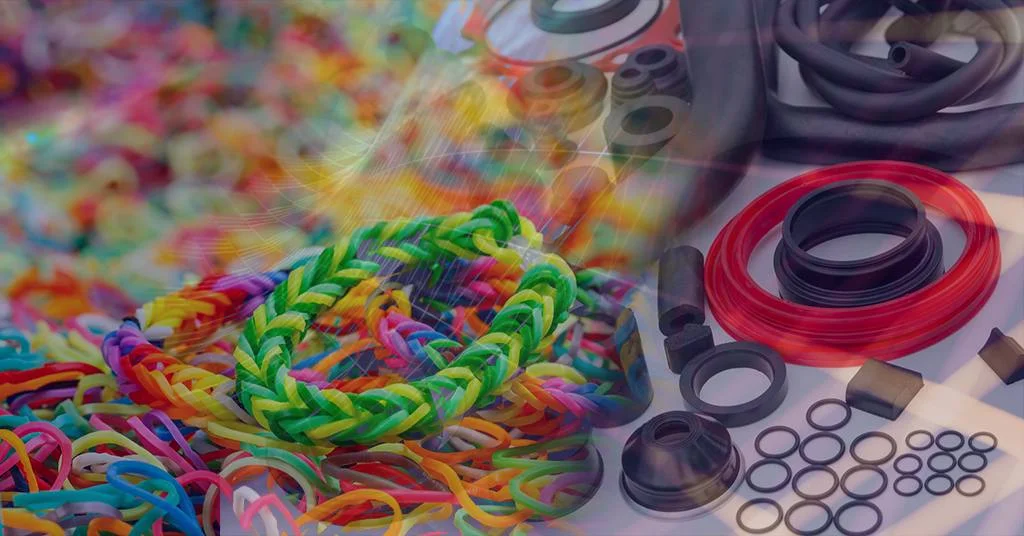Welcome To ChemAnalyst

Barcelona, Spain: In August, the Spanish market witnessed a significant drop in Polyolefin Plastomer (POP) prices, with a notable decline of 9.7%. This surprising turn of events occurred in the POP market despite a flourishing automotive industry in Spain. According to data from the Spanish Association of Automobile and Truck Manufacturers (ANFAC), new passenger vehicle sales in the country experienced a remarkable 7.8% month-on-month increase in August. Even more striking is that this figure marked a whopping 20.5% rise compared to the previous year. The surge in the automotive sector was primarily attributed to a strategic move by the Spanish government, which introduced a substantial 30% reduction in the benefit-in-kind taxes for Electric Vehicles (EVs) and hybrid vehicles priced below €40,000. This incentive played a pivotal role in driving consumer interest towards eco-friendly options. The dip in the prices of automobiles in Spain was also highlighted by the 0.5% decrease in the monthly Consumer Price Index (CPI) for cars, as reported by the National Statistics Institute of Spain. Together, these factors indicated the overall affordability of vehicles, propelling sales within the country and affecting the demand for POP.
The encouraging performance of the Spanish automotive sector was not an isolated occurrence. Several other European countries, including Germany, the Netherlands, and France, reported robust growth in their automobile sales during August. According to the European Automobile Manufacturer's Association (ACEA), the European automotive market saw an impressive growth rate of 15.2% in July, and this upward trajectory continued throughout August. This surge in automobile sales contributed to the demand for POP.
However, despite the strong demand, POP prices experienced a notable decline in the market during August. A key driver for this unexpected price drop in POP was the consistent fall in the prices of feedstock Ethylene across Europe in July. The decrease in Ethylene prices led to a reduction in the production cost of POP in August, which in turn exerted downward pressure on its market value. Furthermore, it is worth noting that the Eurozone's construction sector faced its own set of challenges during this period. Construction sector activity in the Eurozone registered a significant slowdown, reaching its lowest point of the year. This deceleration in the construction sector was primarily driven by a sharp reduction in demand and rising inflation in raw material prices, which eventually impacted the POP market.
In conclusion, the Spanish automotive sector's impressive performance, driven by favorable government incentives and strong consumer demand, painted a contrasting picture against the backdrop of declining POP prices. The key factor influencing this drop was the consistent decrease in Ethylene prices, which had a cascading effect on the POP production cost. While the automotive industry thrived, the Eurozone's construction sector faced challenges, with dwindling demand and rising raw material prices. These divergent trends in different sectors demonstrate the complex interplay of factors influencing the pricing dynamics of materials like POP in today's global market.
We use cookies to deliver the best possible experience on our website. To learn more, visit our Privacy Policy. By continuing to use this site or by closing this box, you consent to our use of cookies. More info.
